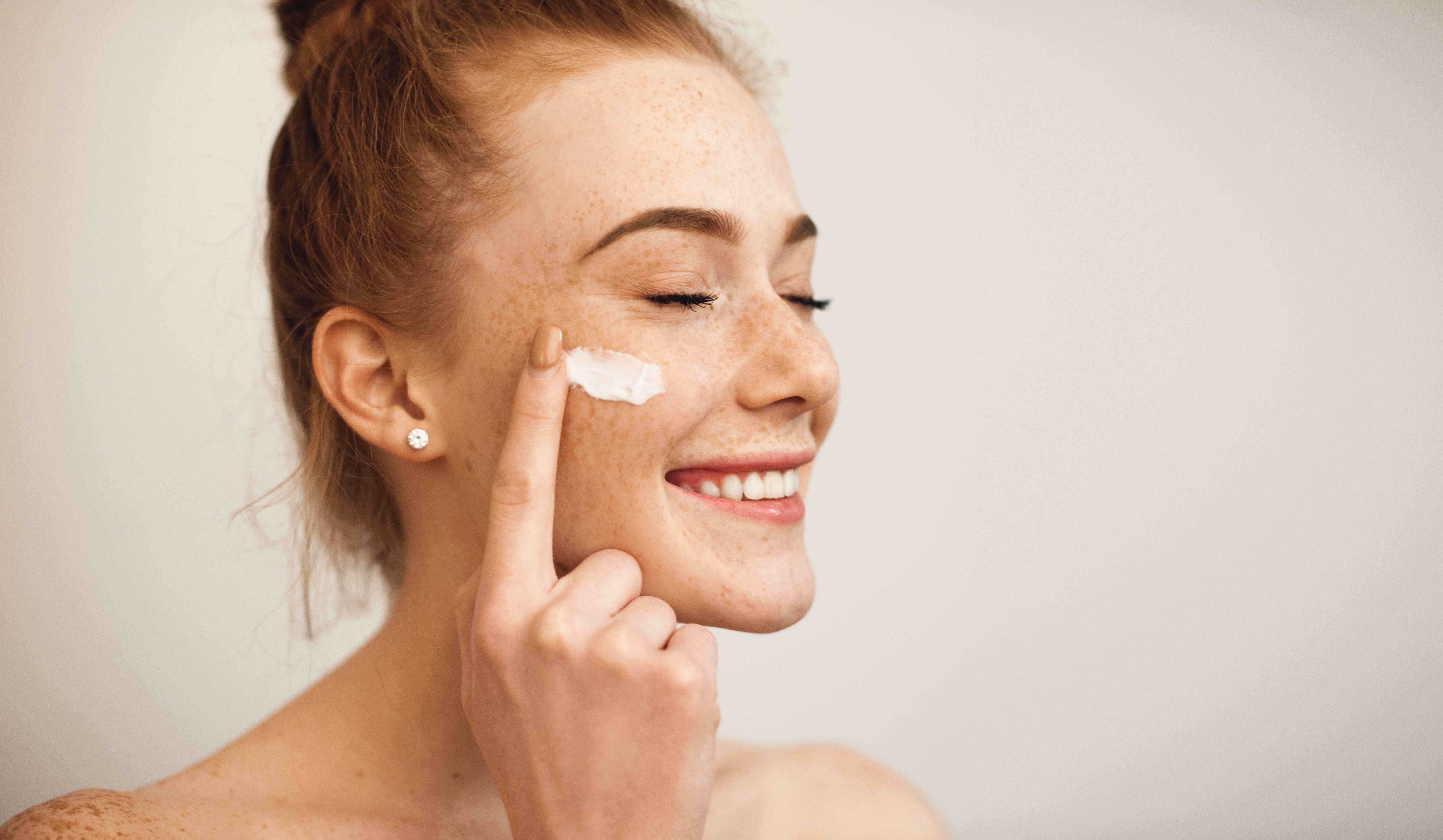Why Your Skin Is the GOAT and How to Protect It
Exploring the roles of our skin and effective care strategies

Our skin, often banged, battered and bruised up, is the true unsung hero of our bodies. As our body’s largest organ, it serves not only as a protective shield but also plays an essential role in maintaining our overall health. In fact, our skin takes on various roles: protecting against germs, regulating body temperatures and enabling tactile sensations. Let’s dive into the incredible functions of our skin and learn how to care for this vital organ.
The jack of all trades
Skin is a dynamic organ, composed of layers with distinct functions. Its multifaceted role can be divided into several key areas:
Protection: Skin is our body’s first line of defense against many external threats. It serves as a barrier that protects us from harmful microorganisms like bacteria, viruses, parasites, environmental pollutants and physical injuries. The outermost layer of the skin, the epidermis, contains specialized cells that form a tough shield, keeping unnecessary invaders out.
Regulation: Skin plays a pivotal role in maintaining our body temperature. You’ve probably experienced this in action during an intense workout when sweat starts pouring. It accomplishes this through processes like perspiration, where sweat glands release moisture to cool us down when we’re overheated, and by constricting blood vessels to conserve when we’re in the cold.
Sensation: Skin is our body’s sensory powerhouse, filled with numerous nerve endings that provide information about the world around us. These sensors allow us to perceive touch, pressure, temperature and pain. Thanks to our skin, we can enjoy the sensation of a soft blanket or quickly withdraw our hands from something hot or sharp.
Excretion: Skin is involved in the elimination of waste products from our body. Sweat, produced by sweat glands within the skin, contains various toxins and waste materials expelled through the pores during perspiration.
Skin’s superhero functions
We’ve covered the various roles that skin plays, but what about its specific functions? Let’s dive in to see how it protects and nurtures us every day.
Guarding against infections: The skin’s outer layer, the epidermis, is covered by a substance known as sebum, which creates a natural barrier that is unfavorable for the growth of microorganisms. This makes it difficult for bacteria, viruses and fungi to penetrate the skin and enter the body.
Healing wounds: When the skin is injured, it can repair itself. Crazy, right? The process of wound healing involves the creation of new skin cells and the formation of scar tissue to close the breach. The skin acts as a bandage for itself, helping us recover from injuries.
UV protection: Skin cells produce melanin, a pigment that gives us our skin color. One of melanin’s critical functions is to shield the skin from ultraviolet (UV radiation). When exposed to UV rays, which mostly come from the sun, the skin darkens as a protective response to prevent sunburn and reduce the risk of skin cancer.
Immune response: Skin harbors immune cells that act as protection. These cells include macrophages and Langerhans cells that can identify and destroy harmful pathogens, contributing to our overall immunity.
Vitamin D production: Skin plays a vital role in the synthesis of vitamin D when exposed to sunlight. This superhero function is essential for maintaining healthy bones, as vitamin D aids in the absorption of calcium and phosphorus in our bodies.
Give your skin some love!
Taking care of your skin is important to maintain its vital function of keeping your body healthy. Here are some practical tips for ensuring your skin stays healthy and functions optimally:
Stay hydrated: Drink plenty of water to keep your skin hydrated. Proper hydration is crucial for skin health, as it helps maintain its elasticity and suppleness.
Protect from sun damage: Sunscreen is your skin’s best friend when it comes to protection from harmful UV radiation. Regular use of sunscreen with a high SPF (even when it’s cloudy) can help reduce the risk of skin cancer and premature aging.
Cleanse and moisturize: Maintain a simple skincare routine by using a gentle cleanser to remove dirt and makeup. Follow this up with a moisturizer to keep your skin soft and prevent dryness.
Balanced diet: Consume a diet rich in vitamins and antioxidants, as they contribute to skin health. Food like fruits, vegetables and fish can provide essential nutrients that nourish your skin from within.
Avoid harsh products: Be mindful of the products you use on your skin. Harsh chemicals and aggressive exfoliation can damage the skin’s natural protective barrier. Opt for products that are suitable for your skin type and free from irritants.
Hydrotherapy: We all love a long, hot shower. But opting for short, lukewarm showers can help preserve your skin’s natural oils. Excessive hot water can strip your skin of its protective oils, leading to dryness.
How can Agile help with common conditions?
At Agile, we believe everyone should have access to excellent healthcare, regardless of where you are or when you need it. We offer convenient, virtual care across the U.S. for your most common medical conditions. Our network of providers are ready to address your unique concerns to deliver effective, personalized treatment in a timely manner.
To tap into fast, cost-effective care now, schedule a consultation with one of our licensed clinicians!


